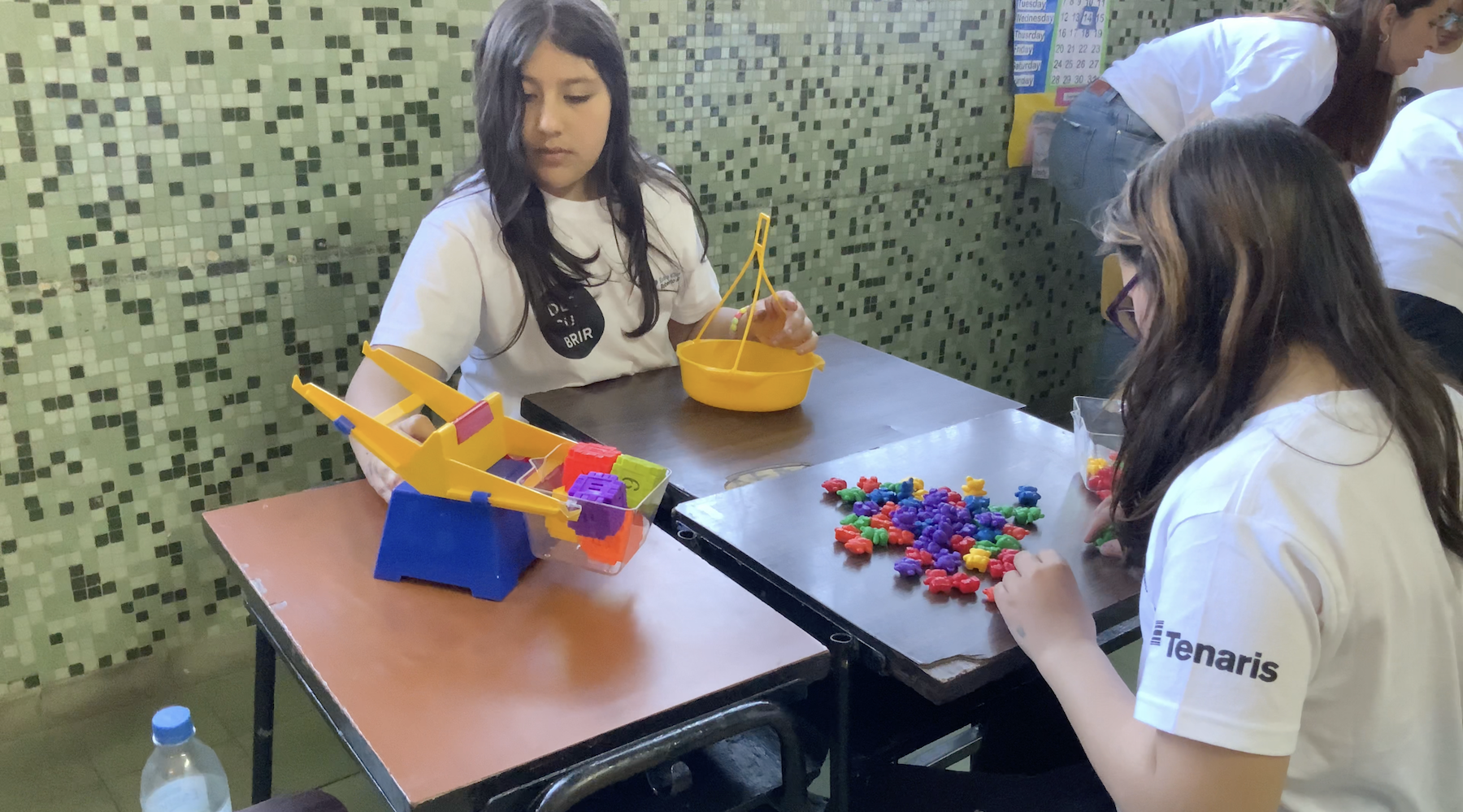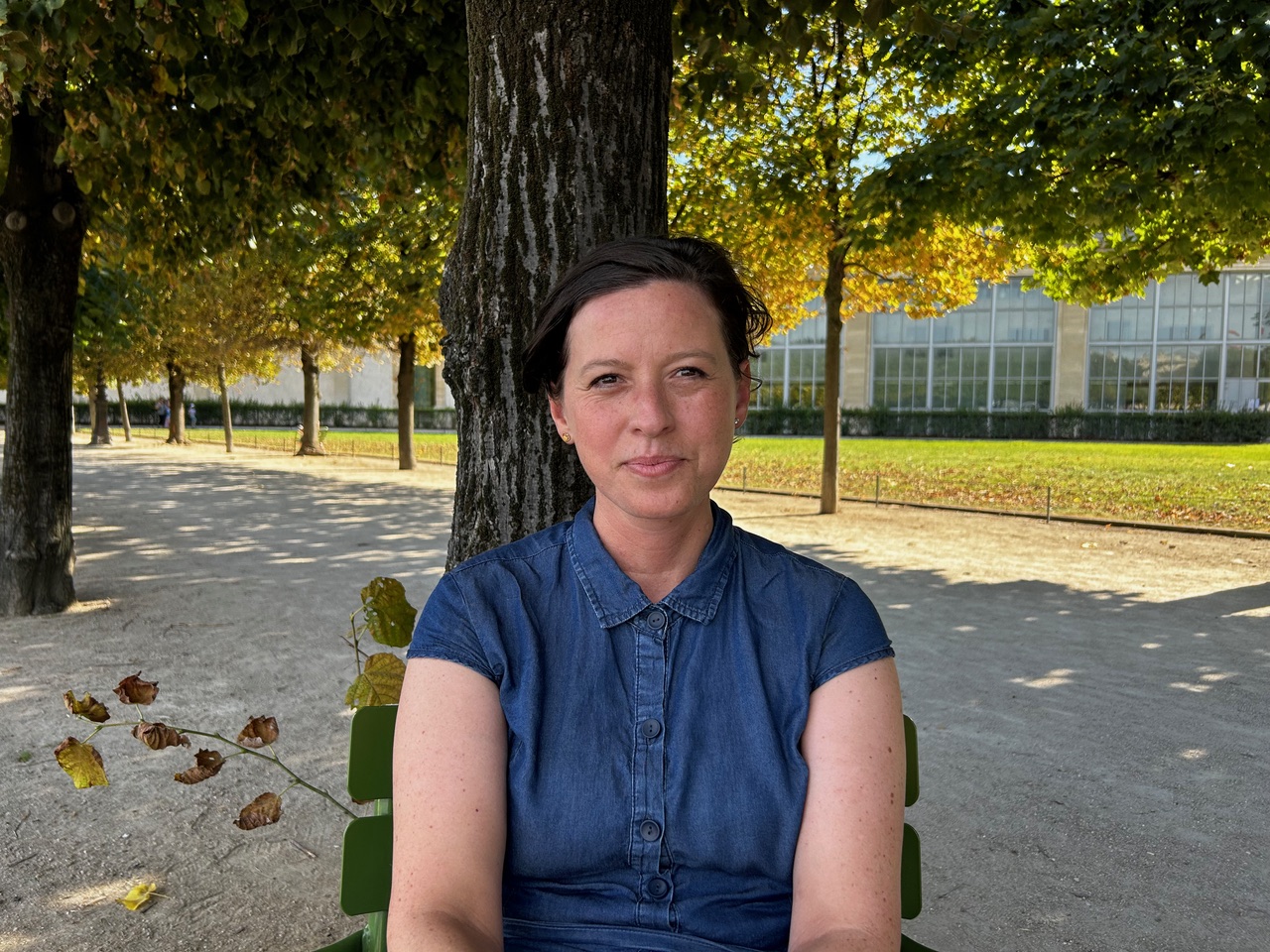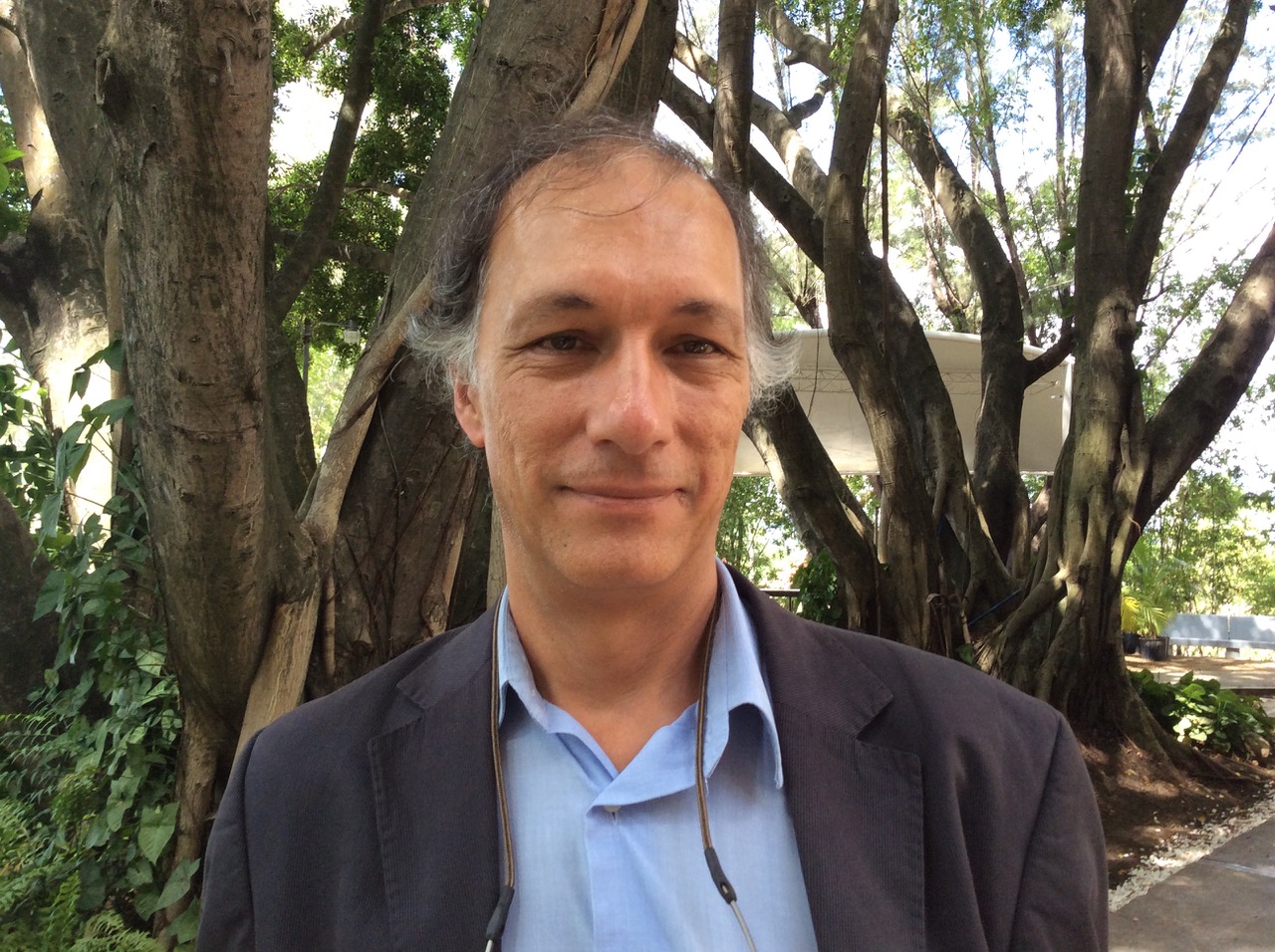In this interview, we talk to Margarita Gómez and Ismael Mauricio Duque Escobar, both STEM teaching professionals from the Colombian Academy of Sciences, who explain how the PREST-Math methodology was incorporated into the Roberto Rocca After School primary-level program.

When did the Roberto Rocca After School program incorporate this educational approach? Why did you decide to work with PREST?
Margarita: We’ve been working with the Roberto Rocca After School program since 2018 and, to begin with, it was more science-oriented. As time went by, we began to think about bringing in other STEM subjects as, in order to get ahead in science, technology or computing, you need to have a solid math base.
However, this brings up another issue, as in general, children don’t like math. They start high school saying, ‘I'm no good at math’, or ‘I want to do something that doesn't involve math’. This situation becomes critical in more vulnerable, low-income communities, such as the ones where we work, where this vulnerability also tends to be associated with poor performance in mathematical thinking.
This is how the idea of working with PREST came about. PREST is a non-profit organization from Quebec (Canada) that provides educational resources to develop new pedagogical practices aimed at promoting the effective teaching of mathematics, science and technology at primary schools. Like the After School program, it seeks to train open, critical, articulate, creative and competent students in STEM areas.
We usually use an expression borrowed from a strategic planning document for STEM in the United States, which is: "make math a magnet". This is because, if we want to talk about science and technology, and the possibilities of development in these areas, we have to be able to guarantee that children enjoy math."
Mauricio: After analyzing different options, we came to the conclusion that what was going on in Canada was the most similar to our context, as it’s a highly multicultural country, where much of the population is spread out and lives in rural areas. We began to develop a portfolio of tools and resources that would enable us to work with teachers and students in Latin America.
How was the PREST program adapted to conditions in Latin America?
Mauricio: It was a joint effort, because in Canada, PREST had a repository of math activities that each teacher integrated into their curriculum. We used this as a basis to curate, select, structure and translate the material.
Margarita: All the tools were adapted to the Latin American context. However, in fact, there are no major differences in terms of what a child in Canada, Colombia or Mexico is required to have mastered in math. The differences basically lie in the fact that teachers in Latin America have fewer hours of dedicated training in math.

Margarita Gómez.
Currently there are some 2,200 pupils from 13 primary schools in six countries taking part in the Roberto Rocca After School program. How do you benchmark the progress that they are making in the context of this program?
Mauricio: We systematically carry out pre- and post-evaluations of the children participating so that we can establish our baseline and assess their performance after completing the program. In general, the impact achieved is quite significant in all communities, practically without exception. I think there are plenty of reasons as to why the program is so positive when it comes to encouraging students to learn, as it’s yielding excellent results and helping children to get ahead.
What is the situation of primary education in Latin America?
Margarita: The overall view in Latin America is that the performance gap widens over the years: at the outset, quite a good number of children make the learning benchmarks, but as they get older, they fall away from the standard of results expected at the end. We’ve also seen that with After School.
By the time children get to 4th or 5th grade, for example, they’ve been steadily running up an educational deficit with respect to the standards expected of them, which means that the teacher can’t go any faster because they have no one to do this with. This obviously ends up affecting learning standards.

Ismael Mauricio Duque Escobar.
How did the pandemic affect student learning?
Mauricio: As we said previously, learning in Latin America already had deficits. What the pandemic did was make fresh inroads into education, especially for children from vulnerable backgrounds.
In this context, at the Roberto Rocca After School program we came up with different strategies to redesign our educational proposal. On one hand, we reinforced literacy teaching for those with greater overall learning difficulties, and on the other, we designed a math remediation plan that we implemented to level up students to where they were meant to be according to their grade.
As Bruna Bellis, the Global Coordinator for the Roberto Rocca After School program, comments, “the Techint Group provides primary-school children with the opportunity to discover math using concrete and practical materials they can handle as part of a proposal to encourage collaborative learning. Through our focus on STEM subjects, we encourage them to use this mathematical thinking to solve real-world problems in their communities. This is a critical part of our vision for the future of our communities, which springs from the empowerment of their youngest members.
For more information about the PREST-Math methodology applied by the Roberto Rocca After School program, click here.